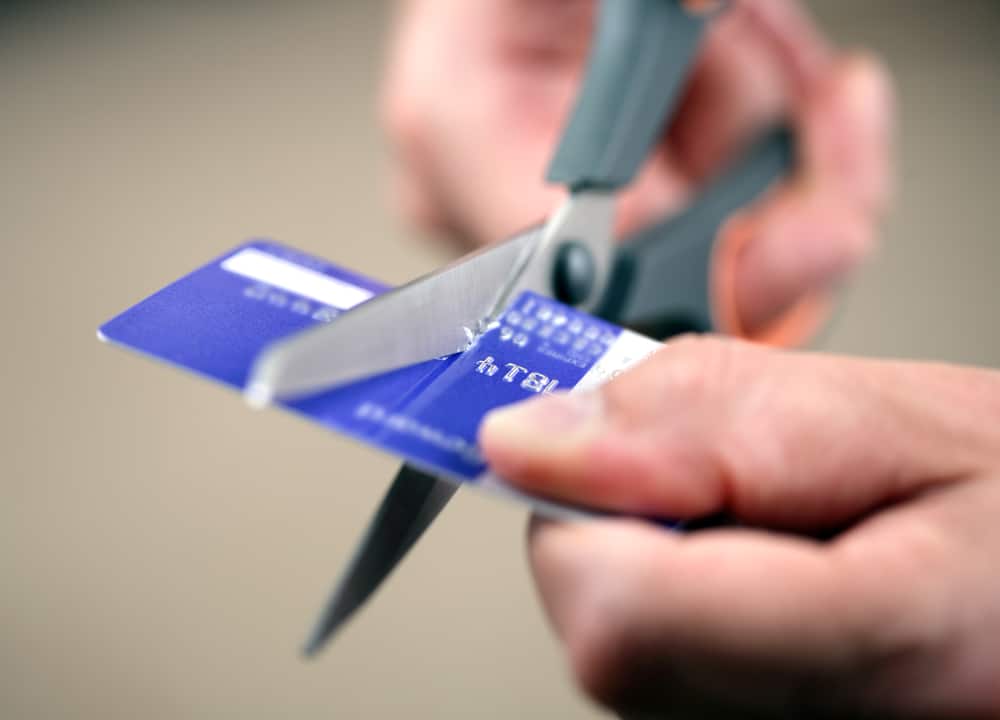
20 Oct Divorce and Credit Card Debt
Throughout the course of a marriage, two people build a life together. If that marriage ever comes to an end, this one life separates into two. That’s where much of the stress of divorce comes from – everything that was once shared between two people in a household must be split into two separate households, and discussions over how to equitably divide things, and what should be divided, dominate the highest intensity and time-consuming divorce proceedings.
Usually, when people think about the separation of households following divorce, they think of assets only. Countless high-profile splits profiled in the media involve disputes over the house, how much money each former spouse will walk away with, and how to divide emotionally valuable belongings. But what most people don’t realize is that when a marriage ends, not only are marital assets distributed – marital debts must be accounted for and fairly divided as well.
Household credit card debt is no exception. For many couples, that’s a scary thought. But it’s also a complicated issue, and you may or may not be liable for your spouse’s credit card debt following a separation. Here’s a quick breakdown of who is liable for credit card debt, and under what circumstances.
When You Are Likely Liable for Your Spouse’s Credit Card Debt
Each family court will typically weigh in a lot of complex factors when determining who is liable for credit card debt following a marriage, but there are a few circumstances where you are more likely to have the burden of your spouse’s or marital credit card debt laid upon your shoulders. For starters, one of the ways you may be liable for your spouse’s credit card debt is any time a credit card is held as a “joint” credit line in both of your names, you will be liable for a portion of that debt. But from there it gets a little bit trickier.
There are two general views of how property should be categorized during and after marriage, and each U.S. state’s jurisprudence falls into one of these categories, either “common law” or “community property.”
For our purposes, we will focus on Florida law. In the state of Florida, if the debt was acquired during the course of the marriage, even if only one person’s name is on the card – it is a joint debt. Again, any credit card debt racked up during the course of a marriage, but not debt added before or after the marriage, may be equally attributed to both parties.
When You Probably Aren’t Liable for Your Spouse’s Credit Card Debt
Conversely, there are a few clear-cut situations where you are likely not liable for the credit card debt of your spouse following a marriage. In Florida, if your name isn’t on a credit card, you are unlikely to be held accountable for debt held under that account (with few exceptions), so long as the debt was not acquired during the marriage.
Don’t Want to Pay Your Spouse’s Credit Card Debt?
Of course, you don’t! The last thing you want after marriage is another bill and thing to stress about. Divorce courts will try to divide assets and debt fairly, but you shouldn’t leave it up to a tribunal alone to determine whether or not you will be paying your spouse’s debt in the future. To ensure that you aren’t paying for things you shouldn’t be, make sure to consult your lawyer as soon as possible if either you or your separated spouse has a substantial credit card debt that will need to be dealt with.

